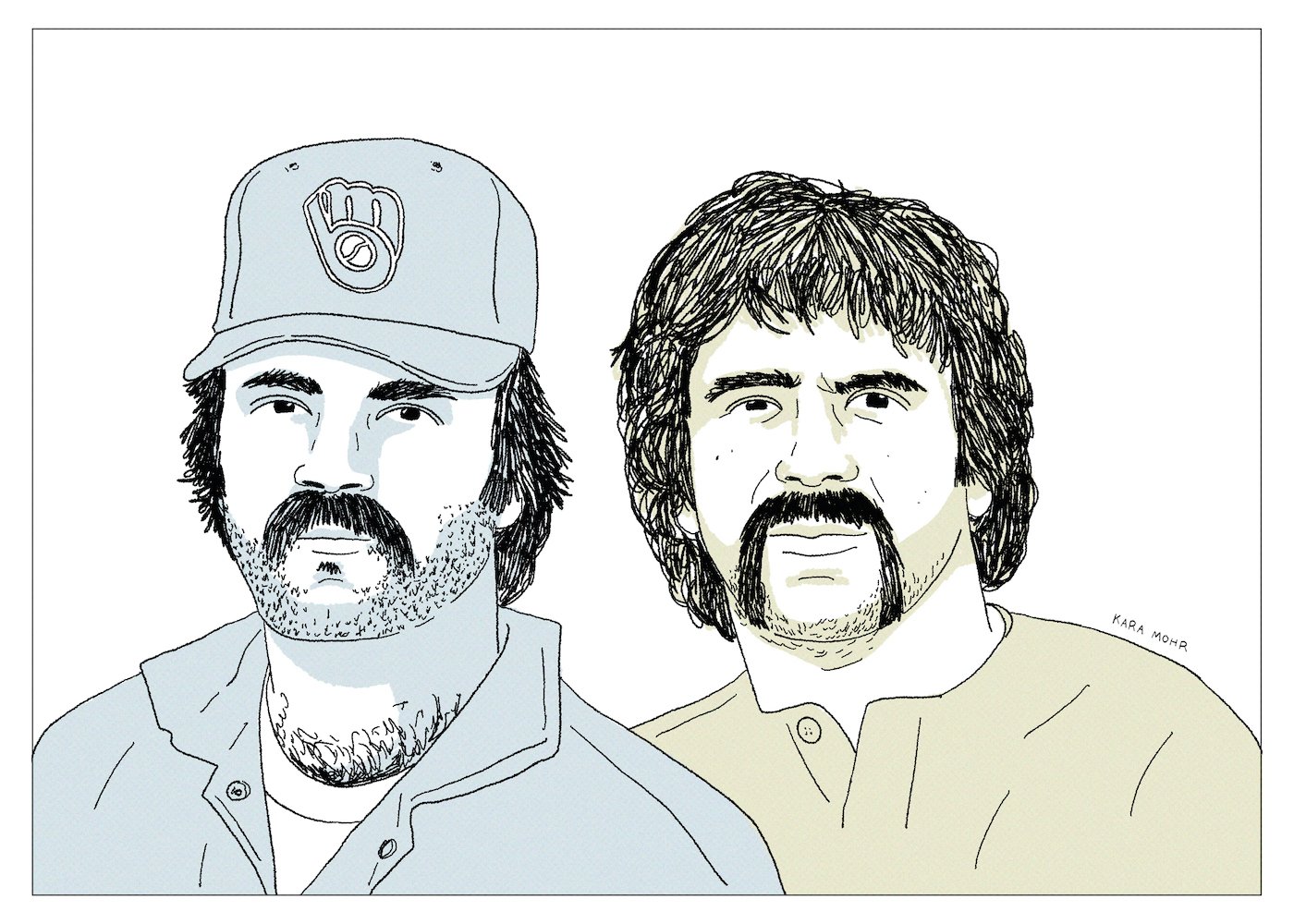
Gorman Thomas and Pete Vuckovich “Stormin’ & Vuke’s”
By the time Pete Vuckovich arrived to Milwaukee in 1981, Stormin’ Gorman Thomas was already a local folk hero. An average day at the office for Thomas featured three strikeouts, a long home run, and maybe a walk, followed by a couple dozen beers in the parking lot. The Brewers had been bottom dwellers when he first came up. But, by 1979, they were competing for titles. And by ‘81, with their potent lineup fully assembled, they found themselves one starting pitcher away from greatness. That ace arrived in the massive form of Pete Vuckovich, who played John C. Reilly to Thomas’ Will Ferrell. For two seasons, the stepbrothers made a run at greatness while setting into motion their future plans as owners of “Stormin’ & Vuke’s,” the greatest bar in the history of Wisconsin.
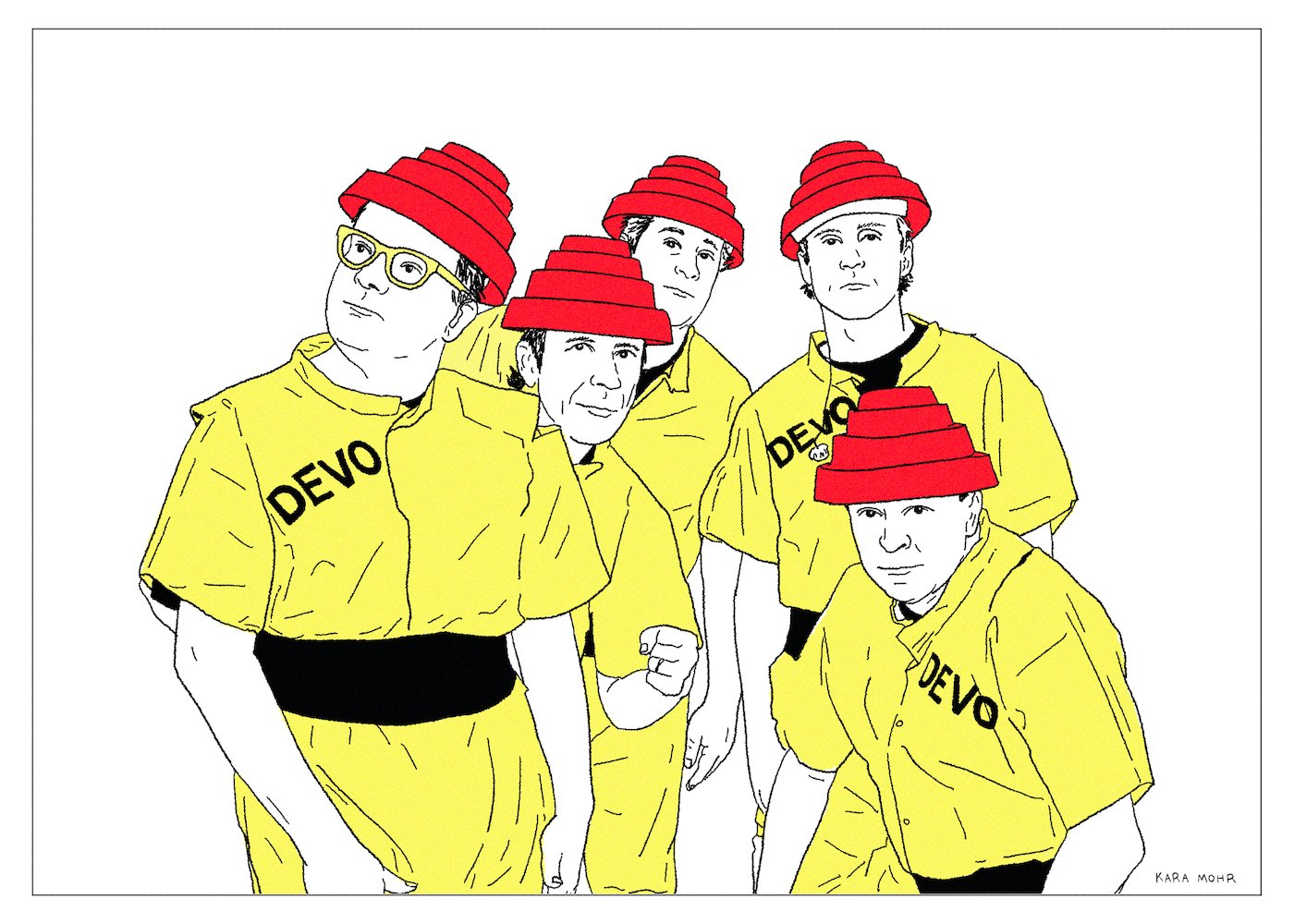
Devo “Smooth Noodle Maps”
Shortly after Mark Mothersbaugh scored “Revenge of the Nerds II: Nerds in Paradise,” but long before he worked on “Rushmore,” Devo was in flux. Dropped from Warner Brothers, they signed to Enigma Records, a label that specialized in crossover Metal, first rate, second wave Punk and just barely mainstream Art Rock. On paper, it seemed like a perfect fit. Unfortunately for both parties, “Total Devo,” from 1988, arrived with a thud and a sigh. If their Enigma debut anticipated the band’s break-up, though, “Smooth Noodle Maps,” from 1990, sealed it. The first Devo album not to chart in any English speaking country was not so much a commercial or critical failure (though it was both of those things) as it was something that Devo had never, ever been accused of. It was boring.
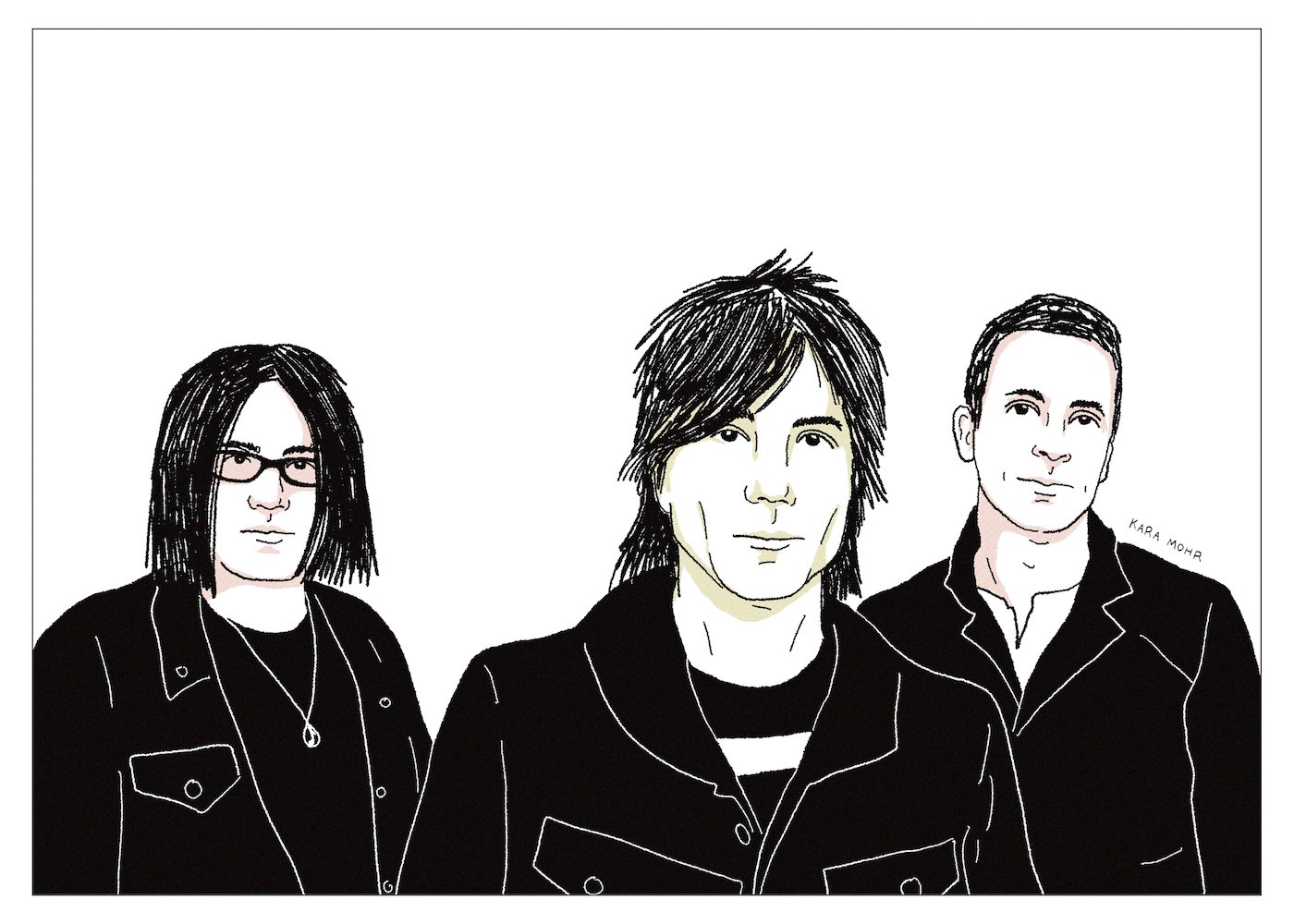
Goo Goo Dolls “Magnetic”
“Magnetic,” the Goo Goo Dolls’ tenth studio album, was a choice — less left, less right, more middle. The ballads inched closer to Coldplay. The rockers closer to Mumford & Sons. It was a direction the Goo Goo Dolls would stick with in the future, introducing tasteful whispers of contemporary Rock and Pop into their road tested formula. But it was never more than a whisper. And none of it seemed to matter much because their fate had been sealed many years before — frozen in amber along with the Clinton Lewinsky scandal, McGwire and Sosa’s home run chase and John Rzeznik’s blonde highlights. For two decades, they have signified “late Nineties Modern Rock that is in no way Alternative Rock.” They are the apotheosis of the form — the very best at it. And yet, in 2013, 2017 and 2020, they were destined to end up on a float in Manhattan for the Macy’s Thanksgiving Day Parade for the most obvious of reasons: November is pumpkin spice season.
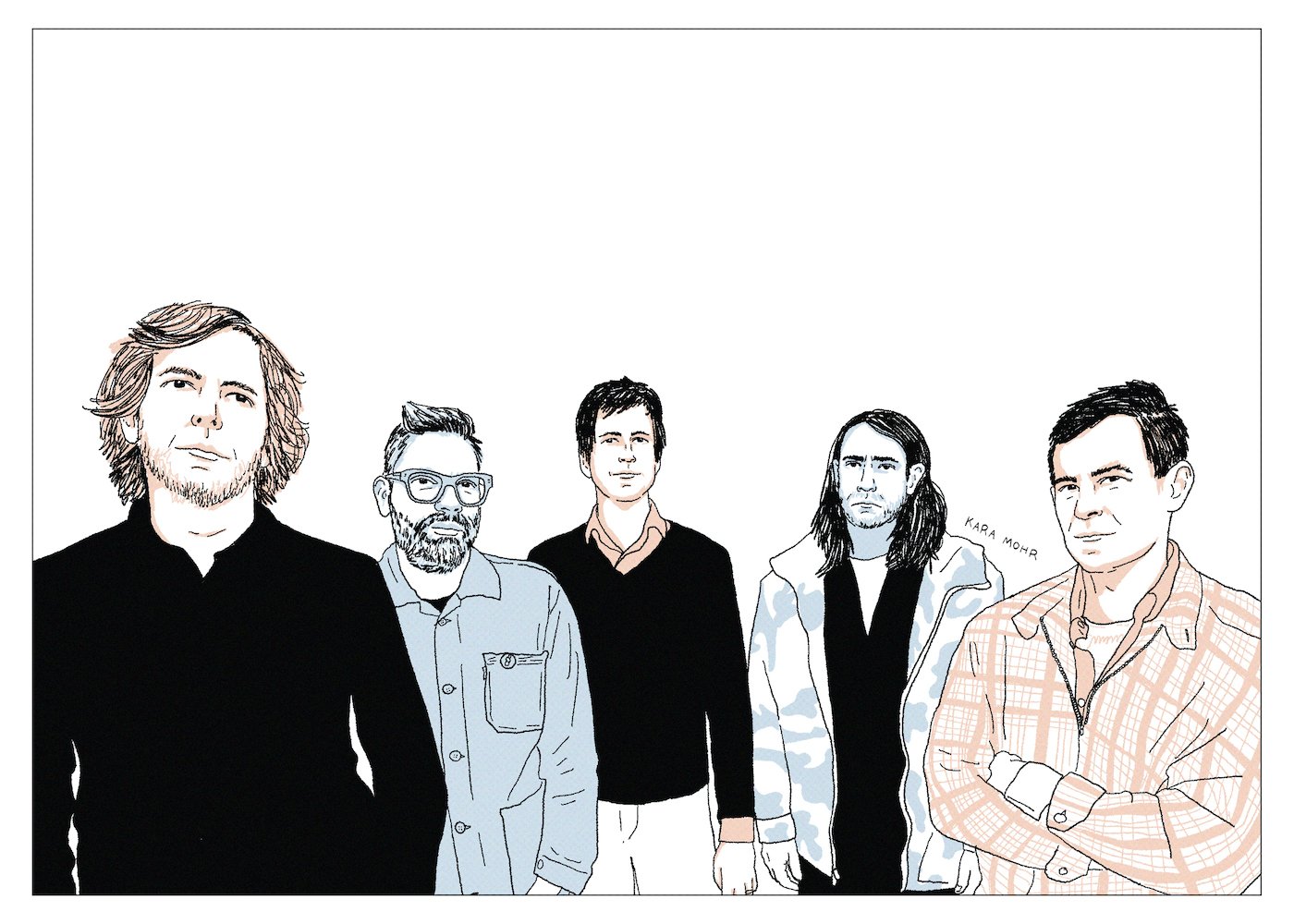
The American Analog Set “For Forever”
Though they broke up in 2008, The American Analog Set started hanging out again in 2013. They’d meet up weekly and play music for the purest of reasons — because they enjoyed being together. It was familiar and comfortable. But in no way did their weekly jams sound like a reunion or even a precursor to a reunion. On the other hand, it did beg the question: If a band plays in a living room for no one but themselves, are they even a band? If a tree falls in a forest, does it make a sound? In truth, nobody knew about these private get togethers and so nobody was asking. But then, a year or so ago, the fading flicker made a pop. Numero Group announced plans to reissue the first three Analog Set albums. A lost track came to light. And then, seemingly out of nowhere, The American Analog Set, who were always as much a dream and a mystery as they were a band, revealed “For Forever,” their first album in eighteen years.
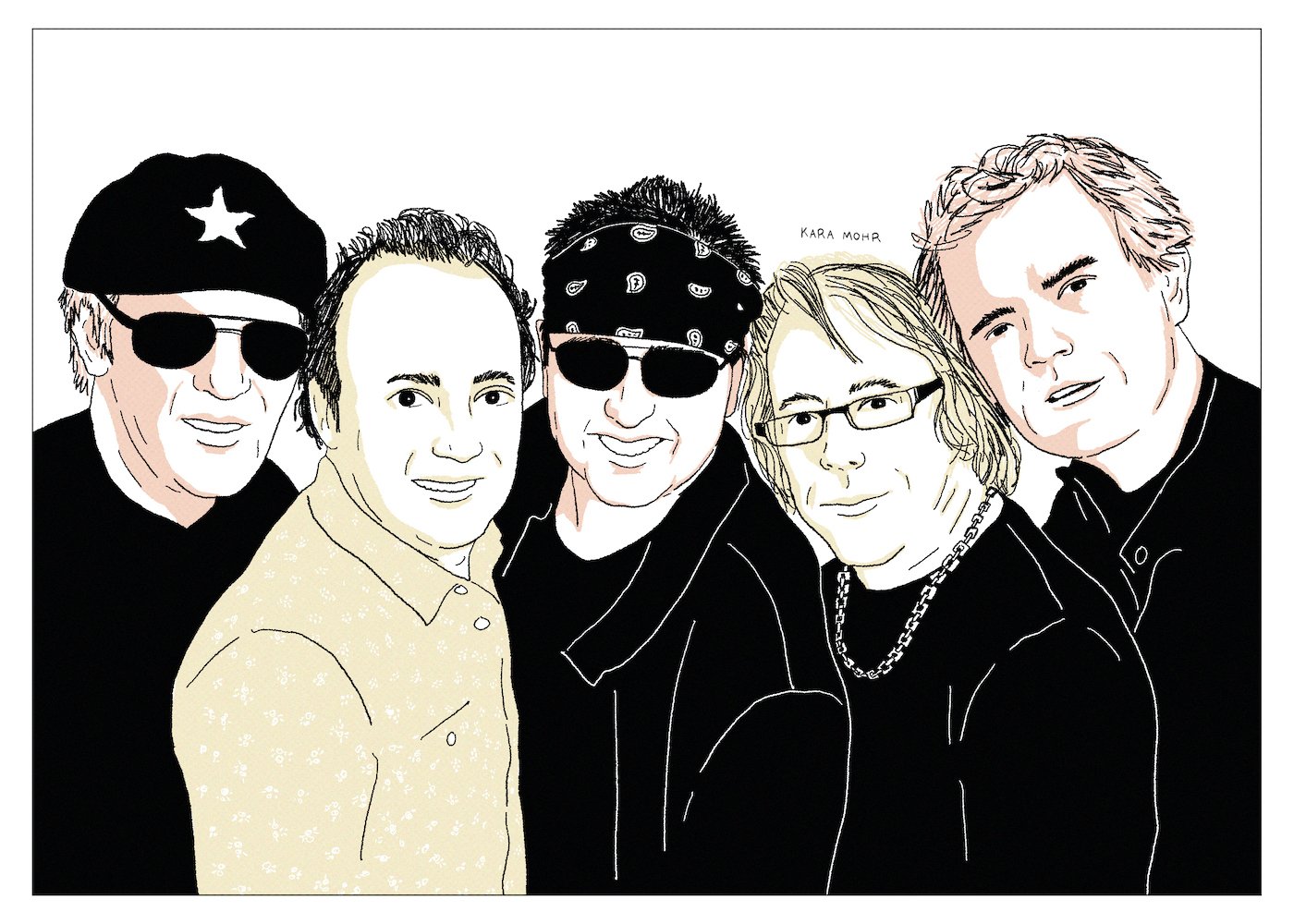
Loverboy “Unfinished Business”
Peak Loverboy is the sound of producer, Bruce Fairbairn, and engineer, Bob Rock. So is peak Bon Jovi. So is second peak Aerosmith and fourth peak AC/DC. It’s a big sound — heavy but not pummeling, bombastic but not ridiculous. It’s also a clean sound — every instrument has its place. It was their knob turning that made Bon Jovi sound like making out, Def Leppard sound like getting off and Loverboy like dry humping. As good as Loverboy was, their brief and unfathomable greatness was really that of their producer and engineer. A quarter century after their heyday, though, without Fairbairn or Rock, Calgary’s finest Arena Rock band returned one more time, as though to prove to Bon Jovi and Def Leppard who really came first.
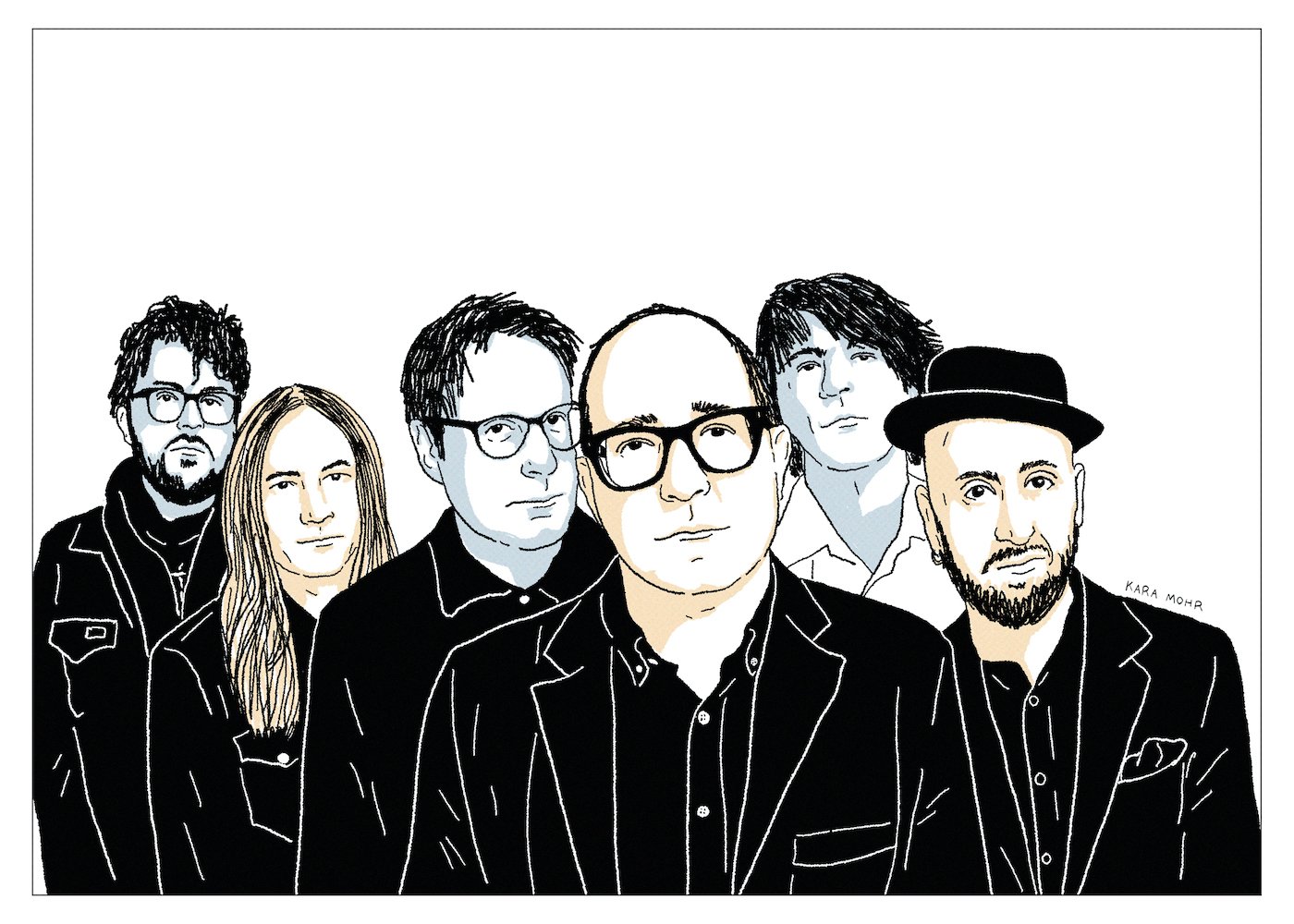
The Hold Steady “Thrashing Thru the Passion”
Of course we loved them. How could we not? After The Strokes and Interpol we needed something seriously less serious. We asked, and Saint Paul answered with The Hold Steady, a bar band that was also a bard band. Five guys who liked to drink and who sounded like Thin Lizzy covering The E. Street Band covering “Tangled Up in Blue,” but with Randy Newman on vocals. Three albums in, they represented everything that was great about Brooklyn. Three albums later, they seemed more like the downside of gentrification. Album number seven, however, which was released five years after their disappointing sixth, was a triumph — a recollection of where they had come from as well as an honest assessment of the price of progress.
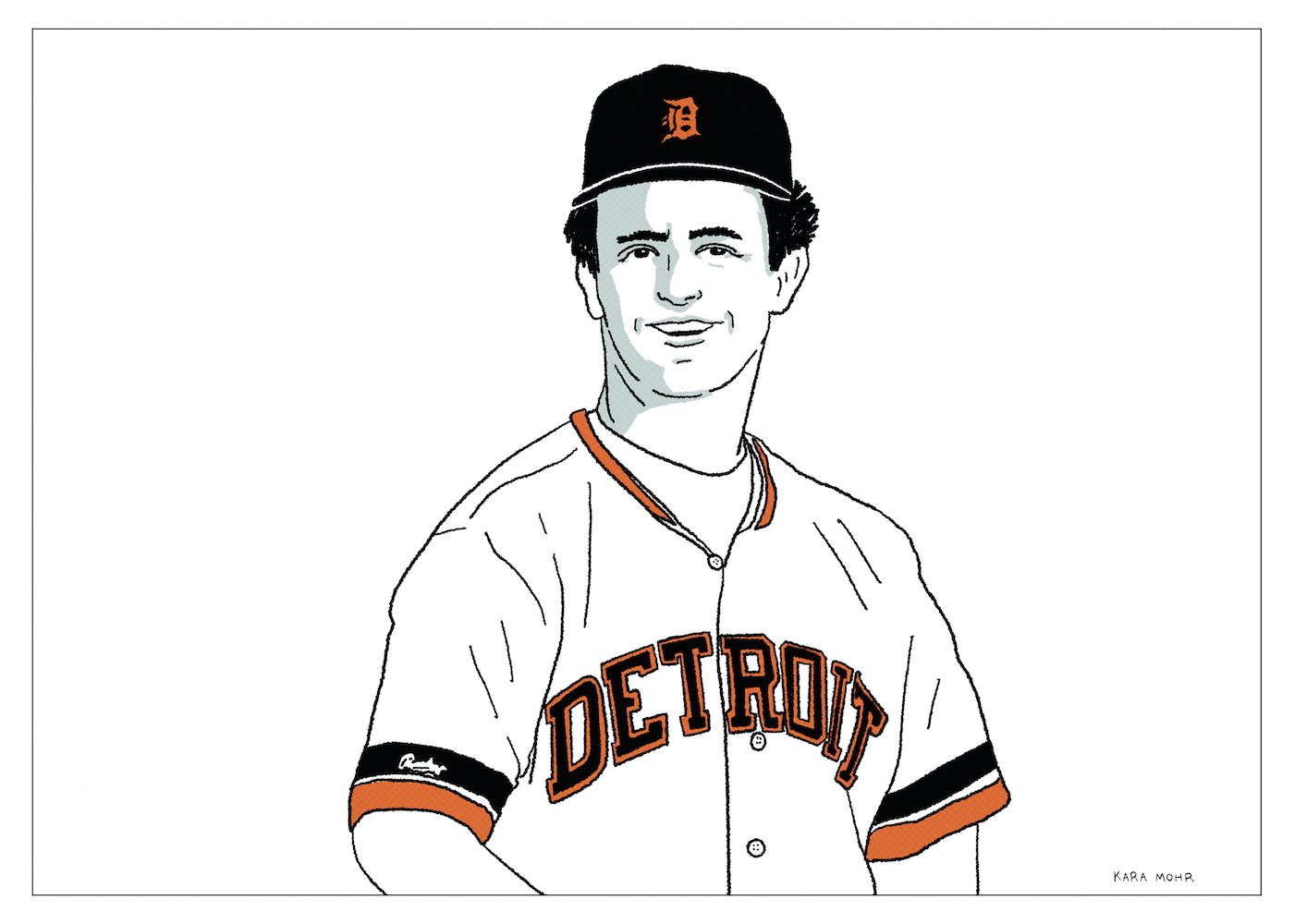
Fred Lynn “Gold Dust”
Five decades after Fred Lynn exploded onto the scene, Carlton Fisk’s Game Six game winner is baseball canon. Similarly, most middle-aged Bostonians still remember Yaz’s Triple Crown and Rice’s “monstah bombs ovah the green monstah.” However, casual fans have forgotten what Fred Lynn meant to Boston — the Gold Gloves, the Rookie of the Year and the MVP award, and the promise of a long, bright future. Throughout his twenties, Fred Lynn was racing towards Cooperstown. But as the years passed, as his injuries mounted, and as his jaw-dropping exploits faded into the rear view, many have forgotten what was once so exceptionally exceptional about Fred Lynn.
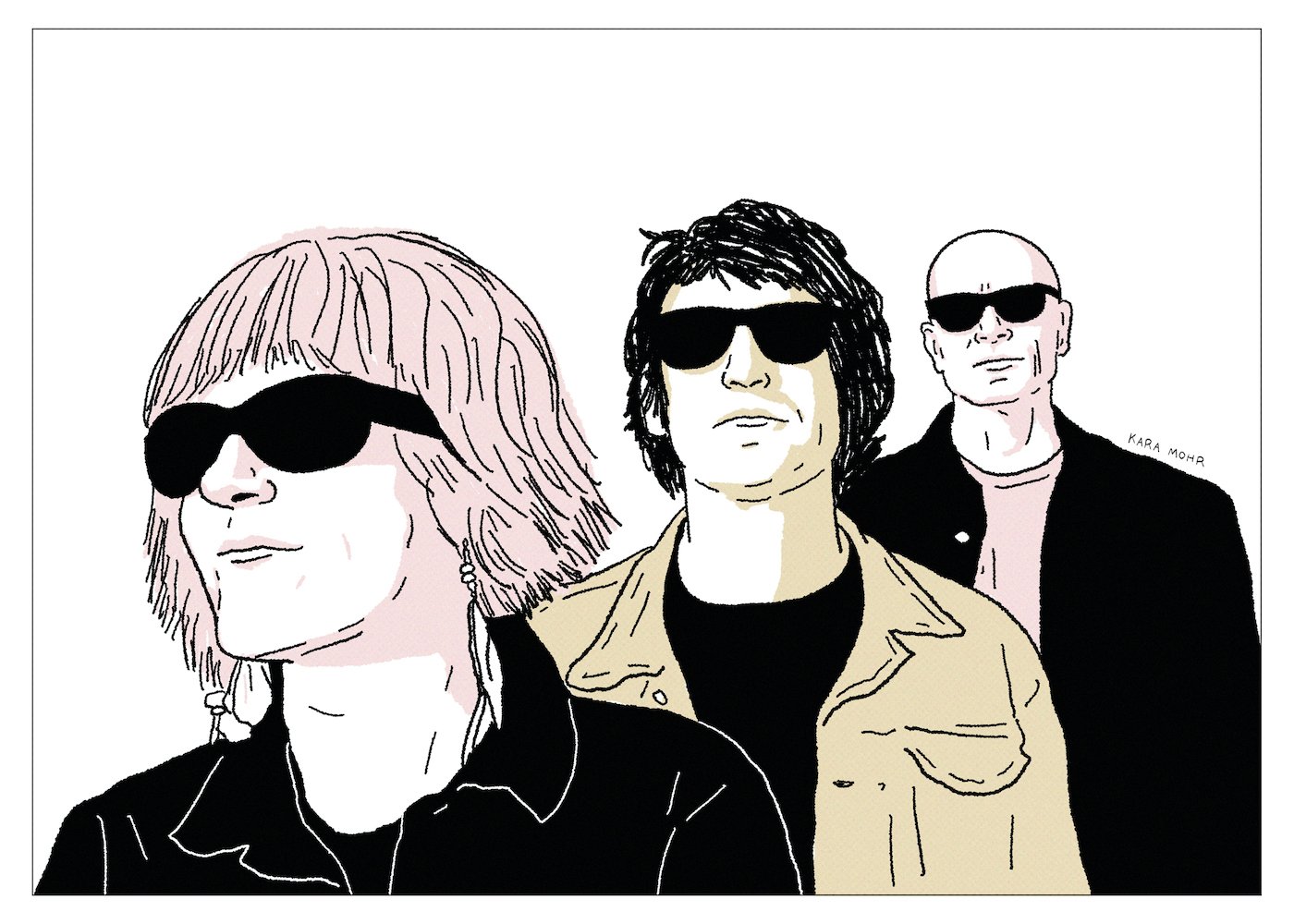
No. 2 “First Love”
Soon after the breakup of Heatmiser, Elliott Smith was an internationally renowned, critically adored singer-songwriter. But less than five years after his breakthrough — after he stood nervously on stage in a white suit, singing “Miss Misery” for some of the most famous people in the world — Elliott Smith was dead. By that point, his former bandmate and college buddy, Neil Gust, had moved from Portland to New York City, where he gave up his rock and roll ghosts and let the bruises of Heatmiser fade. Gust traded in his band for a three person domestic partnership, and traded in his guitar for a video editing suite. The man who was once Elliott Smith’s closest friend and who was, for a time, also considered his songwriting equal, became a successful commercial video editor. But nearly twenty years after his last record, when he was fifty years old, Neil Gust returned to Portland and started making new music again.
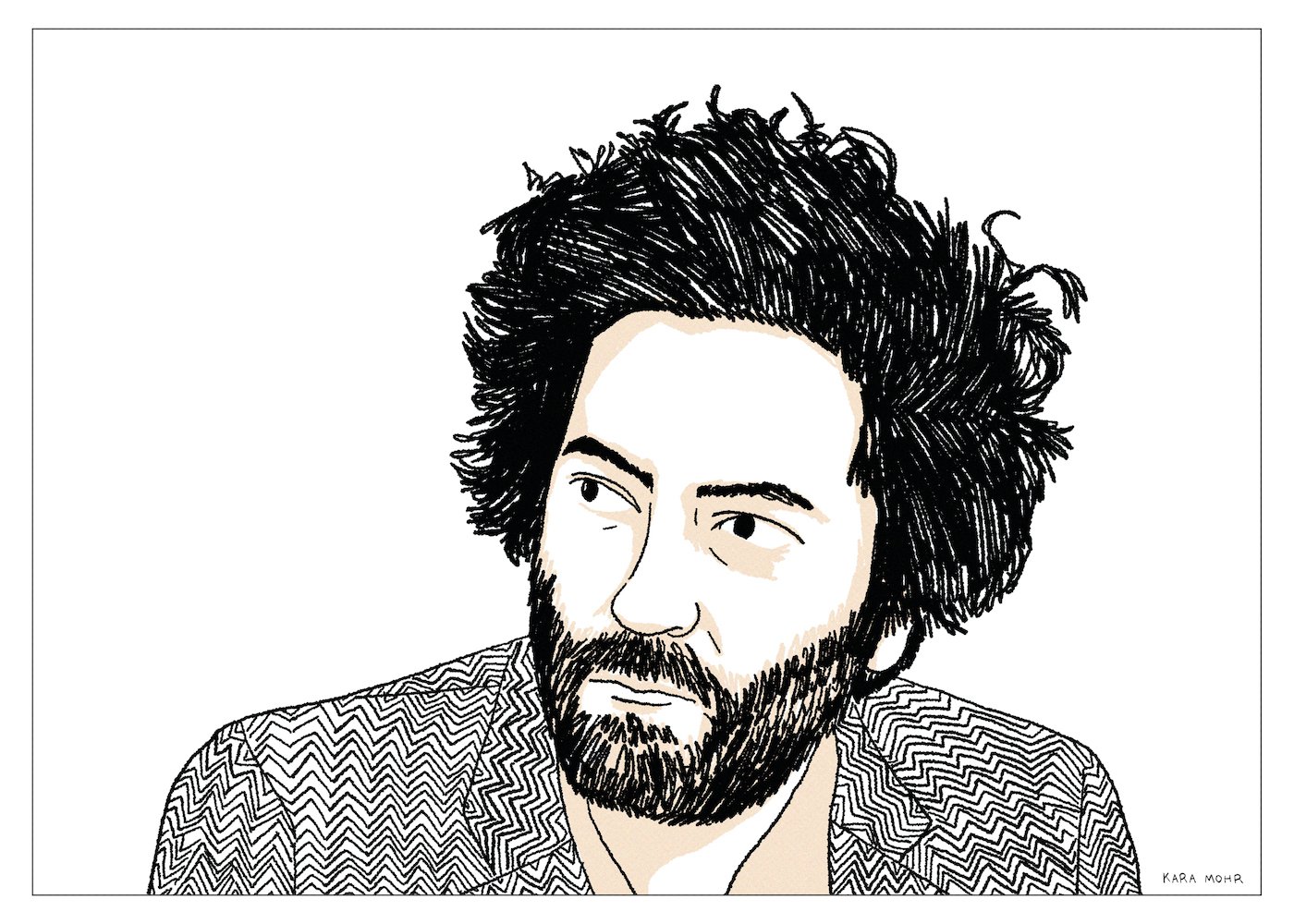
Destroyer “Have We Met”
Destroyer’s ninth studio album, “Kaputt,” was the rare album that succeeded poolside at boutique hotels as much as it did inside Urban Outfitters as much as it did at grad school cocktail parties. In the career of Dan Bejar, and in spite of everything he had accomplished before — with Destroyer and with The New Pornograohers — there was “before Kaputt” and “after Kaputt.” After “Kaputt,” a lot changed. Bejar got semi-famous. His clothes got fancier. His hair got bigger — and slightly grayer. Strangers wanted to talk to him. People wanted to hear what he had to say. And, moreover, what he meant. Was he really a master making masterpieces or was it all just artfully arranged, magnetic poetry from the most interesting man in North America?
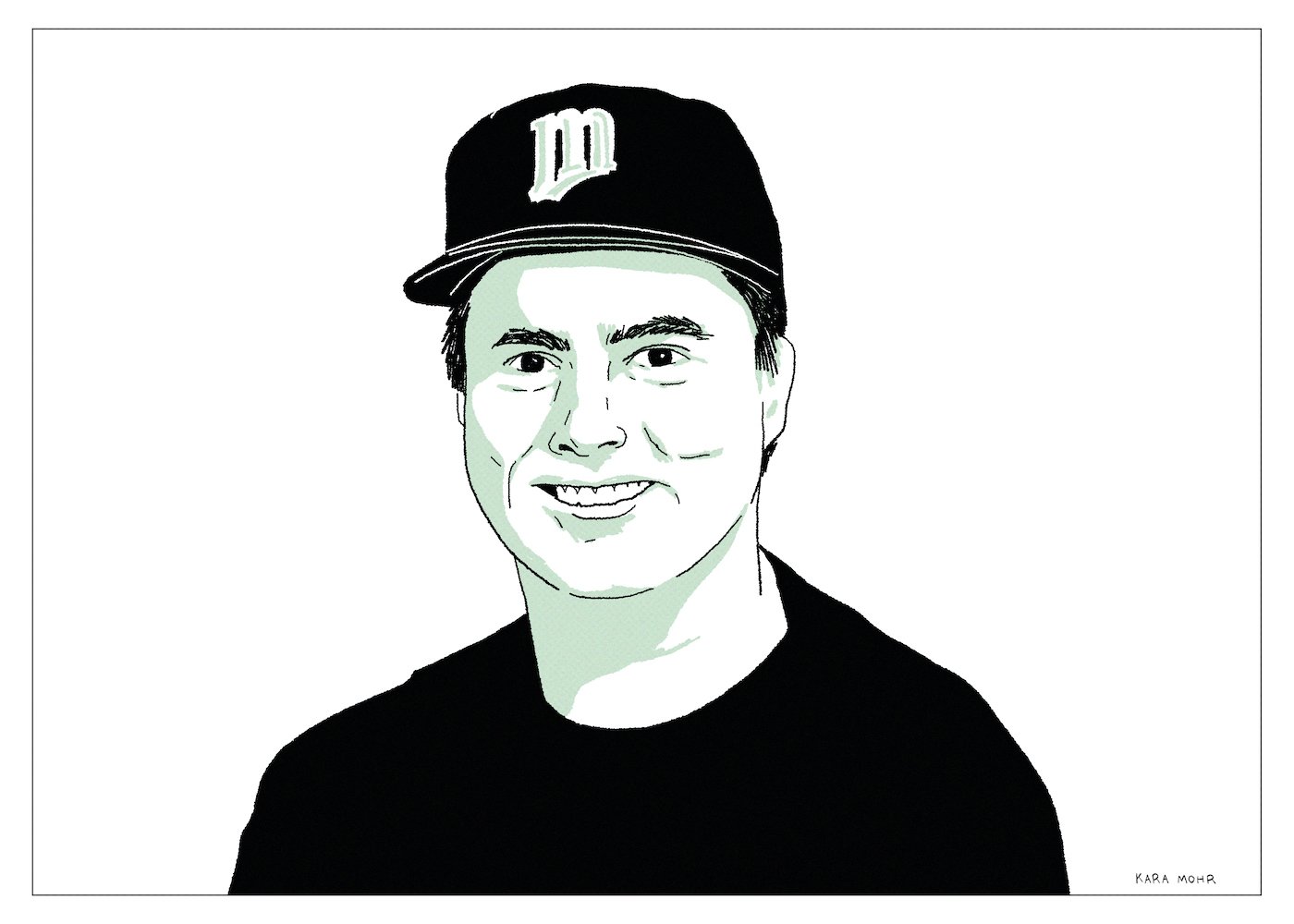
Steve Carlton “Lefty Loosey”
Between 1967 and 1984, the first full eighteen seasons of his career, Steve Carlton won three hundred and ten games and struck out nearly four thousand batters with basically two pitches — an elite fastball and a slider that was almost as blazing, but doubly devastating. At six foot four, Lefty towered over every opposing hitter, except for The Daves (Parker and Kingman). While his height and velocity were certainly intimidating, though, Carlton’s most unnerving feature was his unshakeable dispassion. He did not care who was at bat. He did not care what the score was. The batter was invisible to him. On the other hand, it’s not as though he was unconcerned with performance and craft. To the contrary, Lefty was obsessed with both. His training, while unorthodox, was meticulous. He meditated for hours on end. He practiced martial arts every day for years. He focused on flexibility and lean muscle and control. But, more than anything, he tried to focus on nothing at all.
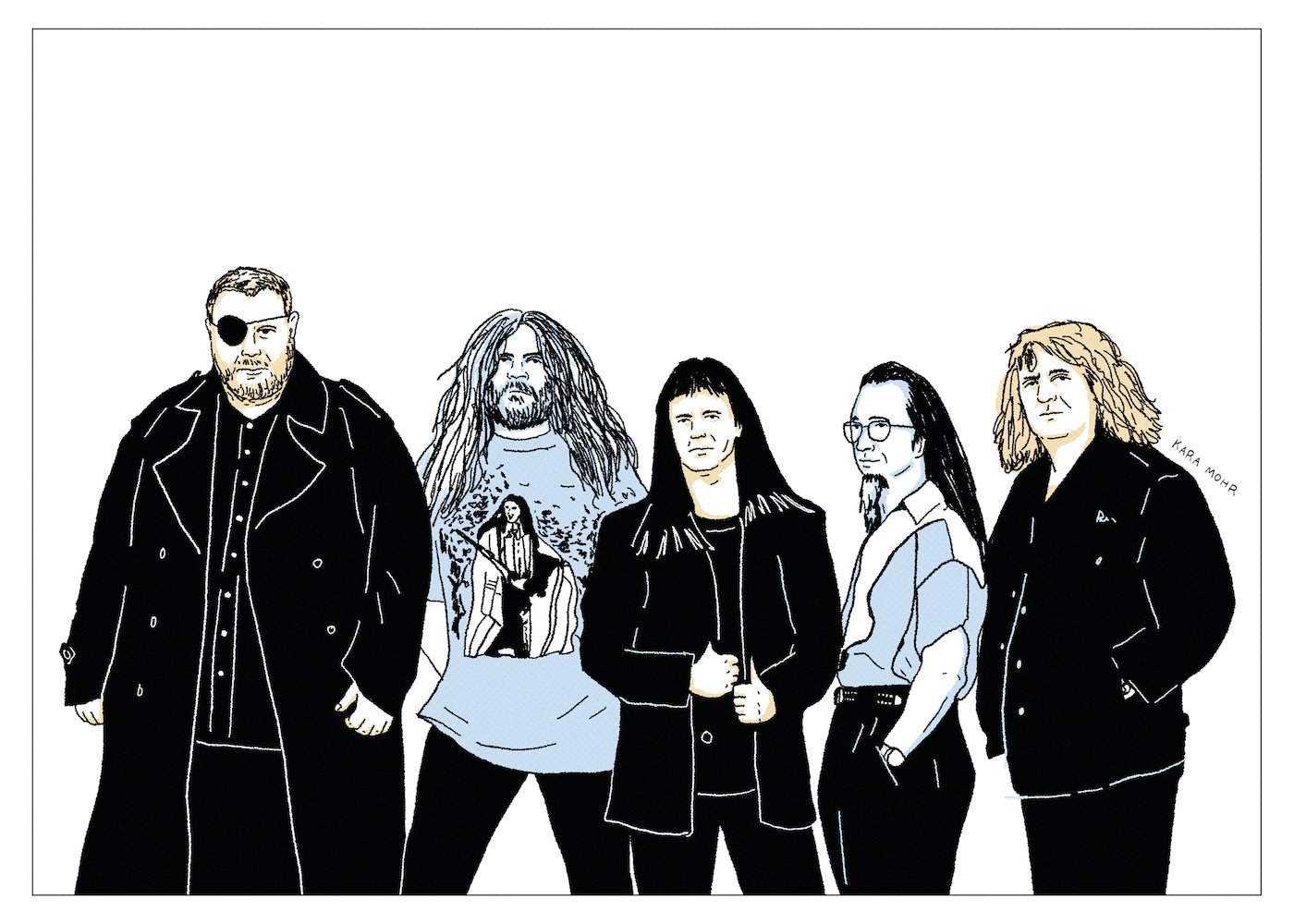
Kansas “Somewhere to Elsewhere”
Three decades in, when “Dust in the Wind” was exactly that, Kansas was floundering mightily. Next to Styx and Journey, they almost made sense. But after Michael and Prince and GnR and Nirvana — Kansas seemed like the greatest accident in the Classic Rock canon. A legendary Arena Rock band that was actually a Prog Rock band and who were famous but also completely unknown. Many years removed from superstardom, they would never be cool again, but also, they were never cool to begin with. They would never have another smash hit, but they had two more than nearly every other band in the history of history. They dropped from a major label to a very niche indie who specialized in Prog and Metal, which meant smaller budgets but also a bigger slice of the pie. And so, by the dawn of the new millennium, Kansas existed somewhere between total liberation and complete decimation.
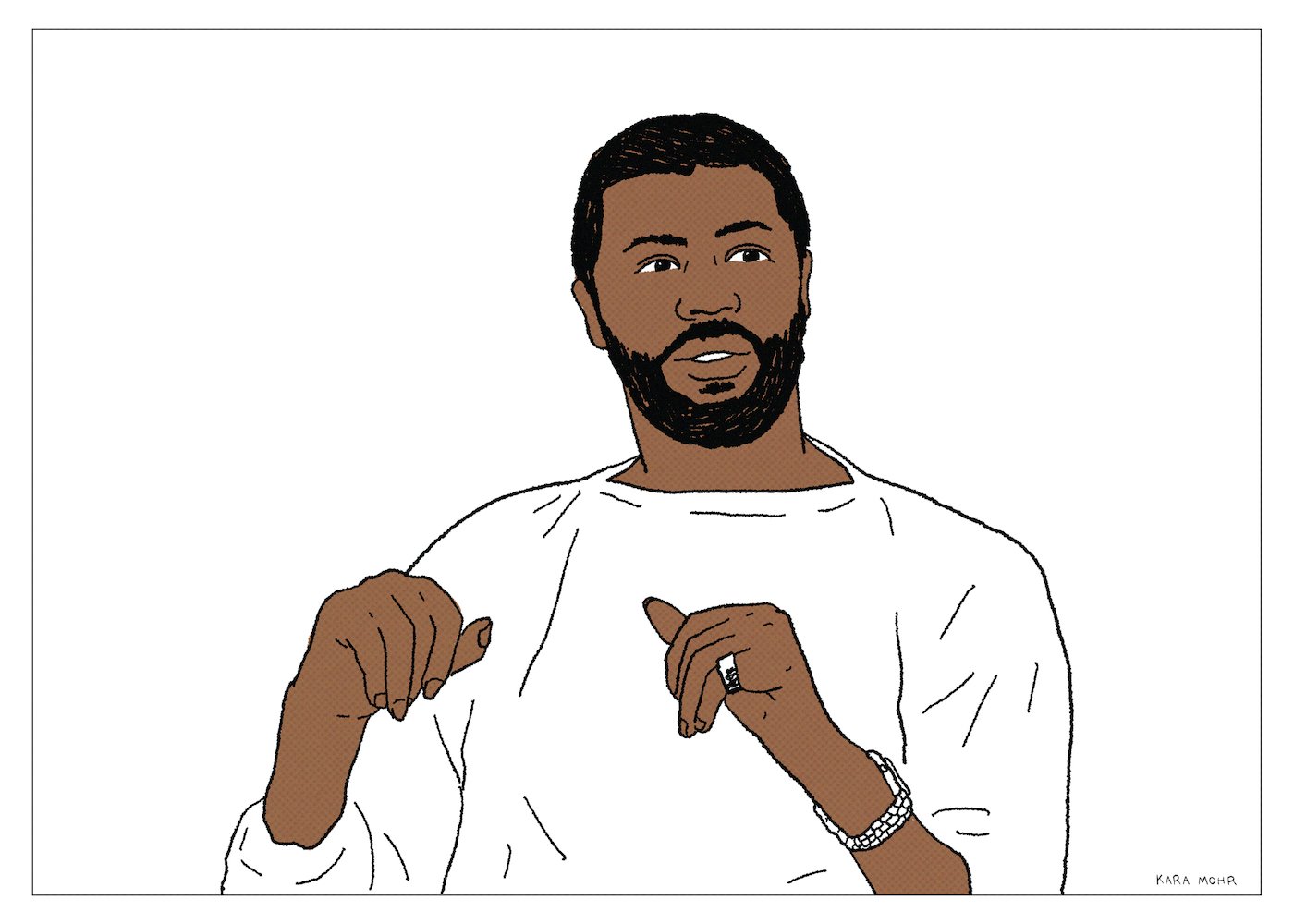
Teddy Pendergrass “Truly Blessed”
That was the conundrum Teddy faced in in the late Eighties — if and how to sing about sex from a wheelchair. After his accident, he was still a young man, closer to thirty than to forty. His sparkling smile was intact. His face was unscathed — in fact, he looked as handsome as ever. And while it is much harder to sing while seated, it is by no means impossible. As for everything else — the gliding onstage, the bend of the hips, the undressing, the working up a sweat, the showering and the burning hot oils — those were a lot more complicated. But Teddy did the work and made the transition. No, he was not the same person who drove a Maserati to perform at an arena full of women. He was something much less iconic but also much more sympathetic. He was an underdog — a redemption story.
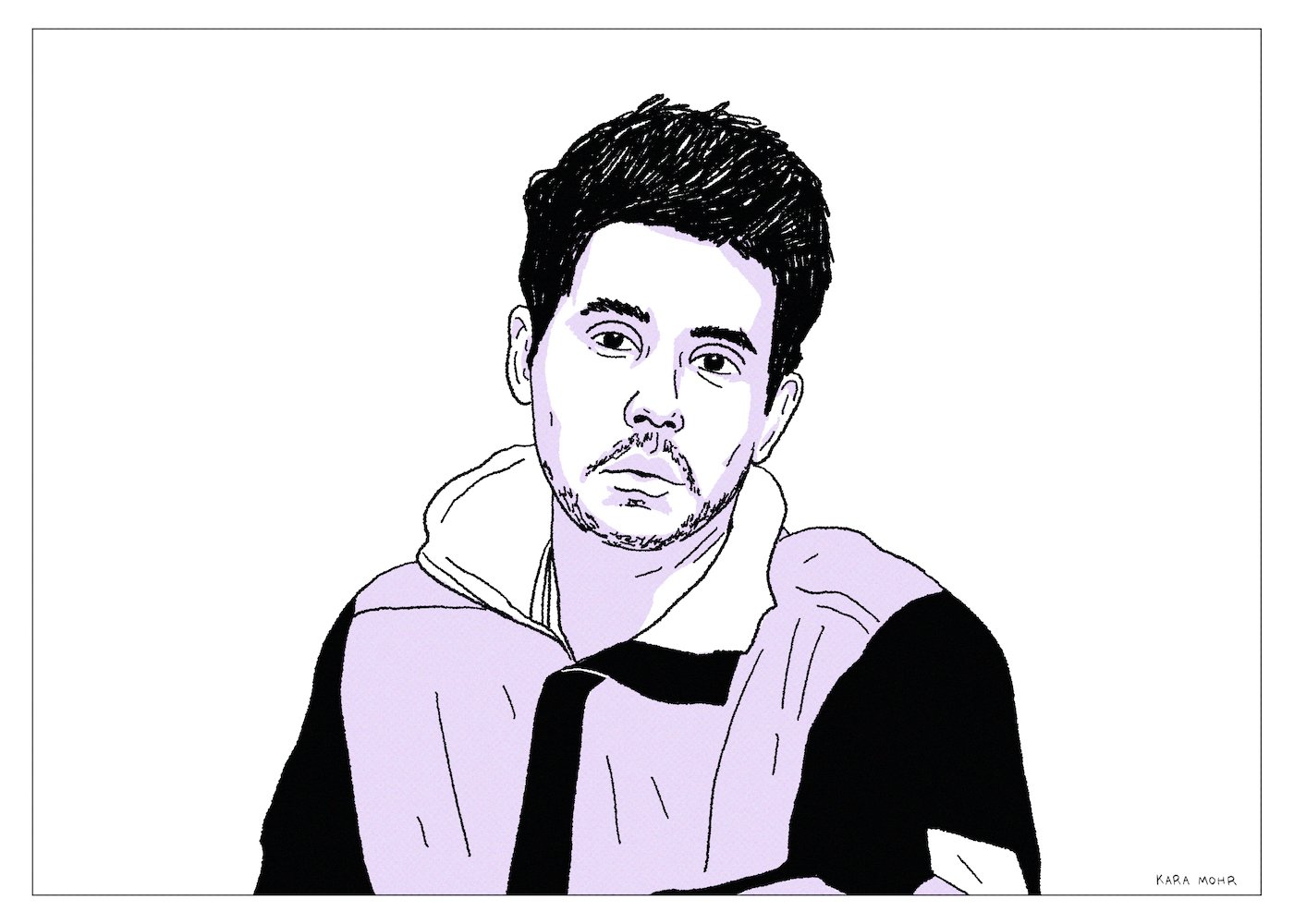
John Mayer “The Search for Everything”
Between “amazing” and “insufferable” — that’s the line Mayer walks. He is preternaturally gifted — as a player, he rivals his heroes, Robert Cray and Eric Clapton. As a composer, his mastery extends far beyond his ostensible peers — Maroon 5, Jack Johnson and Jason Mraz. He has always been tall, dark and handsome. He’s always been a great interview — frequently too great. But it’s the speed and intensity of his amazingness, that unnerves. Going from Jennifer Love Hewitt to Jessica Simpson to Minka Kelly to Jennifer Anniston to Taylor Swift to Katy Perry in close succession. Hanging with Dave Chapelle one night and jamming with Bob Weir the next night. Or, the same night. Swapping Nikes for Uggs. Wearing shades that are more expensive than his already expensive shoes, and watches that are tenfold the cost of either. It’s all amazing. And it’s all insufferable. And, believe me, John Mayer knows it.
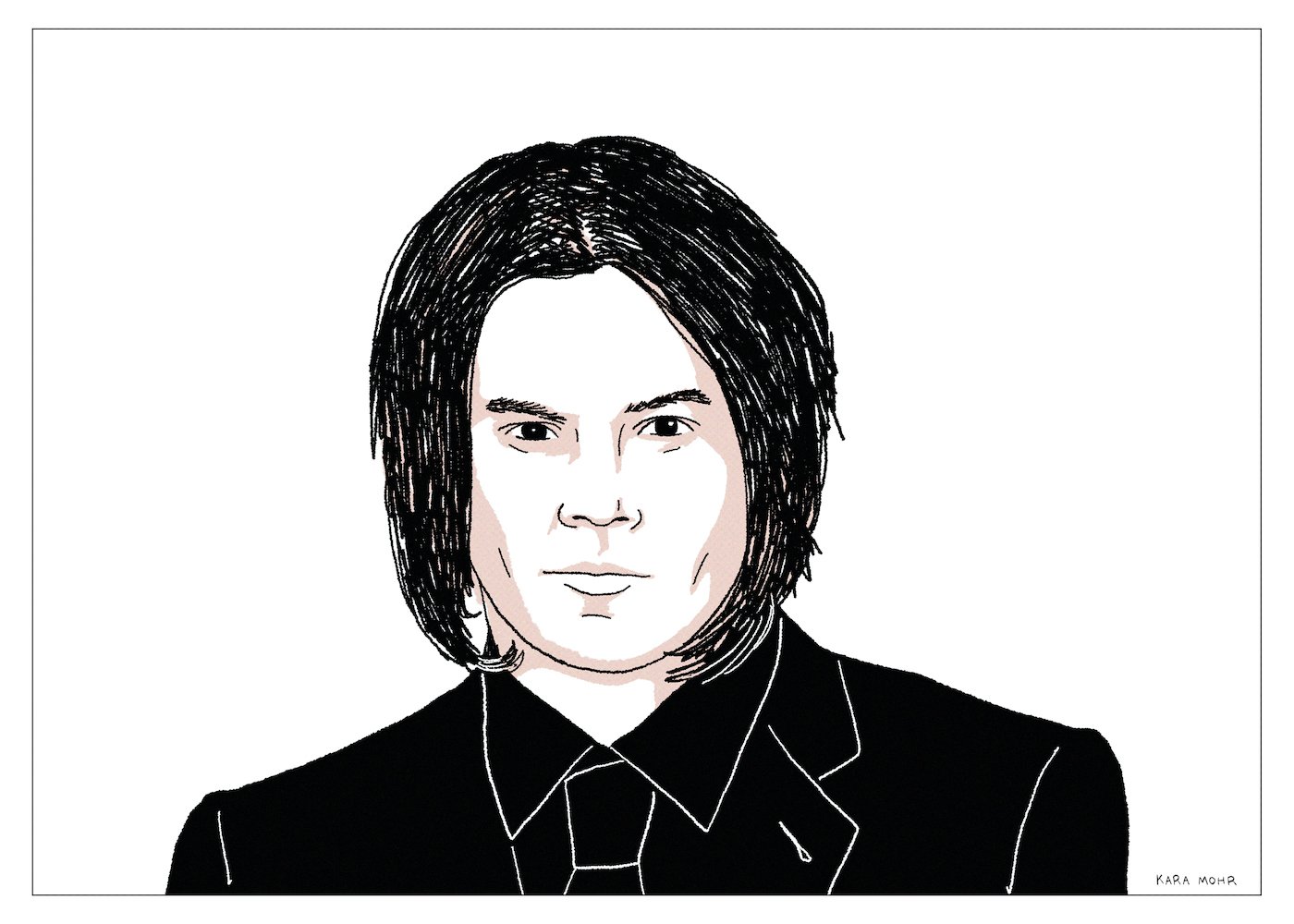
Jack White “Entering Heaven Alive”
Willy Wonka succeeded because he was more fun than he was weird — which is saying a lot because he’s really fucking weird. But the older Jack White got, the less we could detect the humor in his Wonka-ness. Where there was once “Sugar Never Tasted So Good” and “We’re Gonna Be Friends” there was now dystopian Nashville, Steampunk Blues and Art with a capital “A.” To be clear, I have absolutely nothing against any one of those things. But stripped of its wide-eyed delight, White’s music began to veer from strangely astounding into the realm of astoundingly strange.
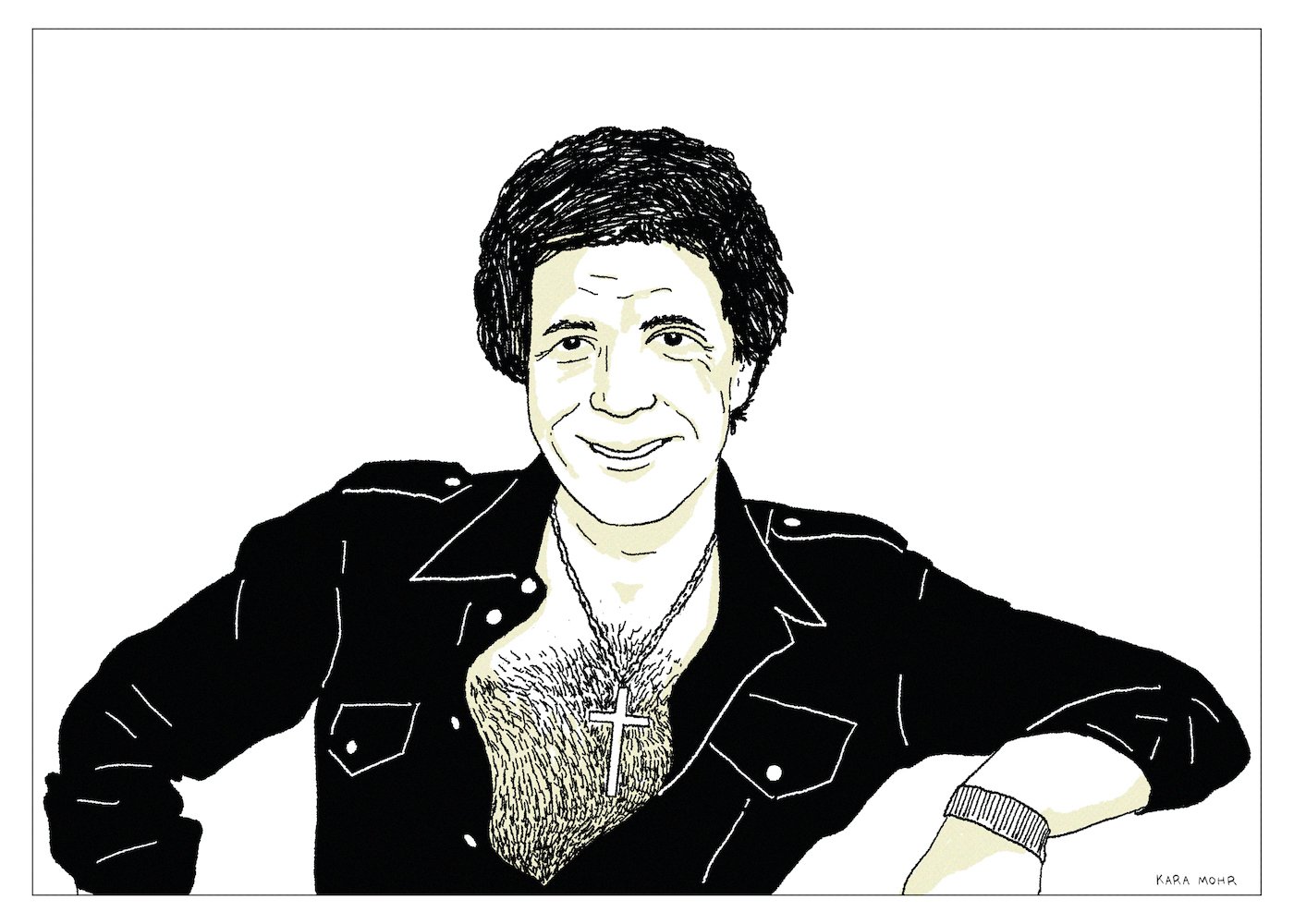
Tom Jones “Darlin’”
Like Cher, Tom Jones had a teeny tiny waist. And, like Cher, Jones loved to show some skin once upon a time. Both were unafraid of tight pants. Both hosted popular TV programs — “This is Tom Jones” (1969 through 1971) being a precursor to Sonny and Cher’s variety shows. Both had famous marriages (Jones’ for its mystery and longevity, Cher for its popularity) and perhaps more famous relationships outside of their marriages (Cher with Greg Allman, David Geffen and Gene Simmons and Jones with Mary Wells and, apparently, two hundred and fifty fans per year). Both are known for their iconic, husky voices, though neither is proficient on any instrument. But, more than anything else, the thing that bound Jones and Cher was the thing that happened when they put it all together — the voice, the body, the moves, the attitude, the screen presence, the sex appeal. It was their unfathomable “toomuchness.”
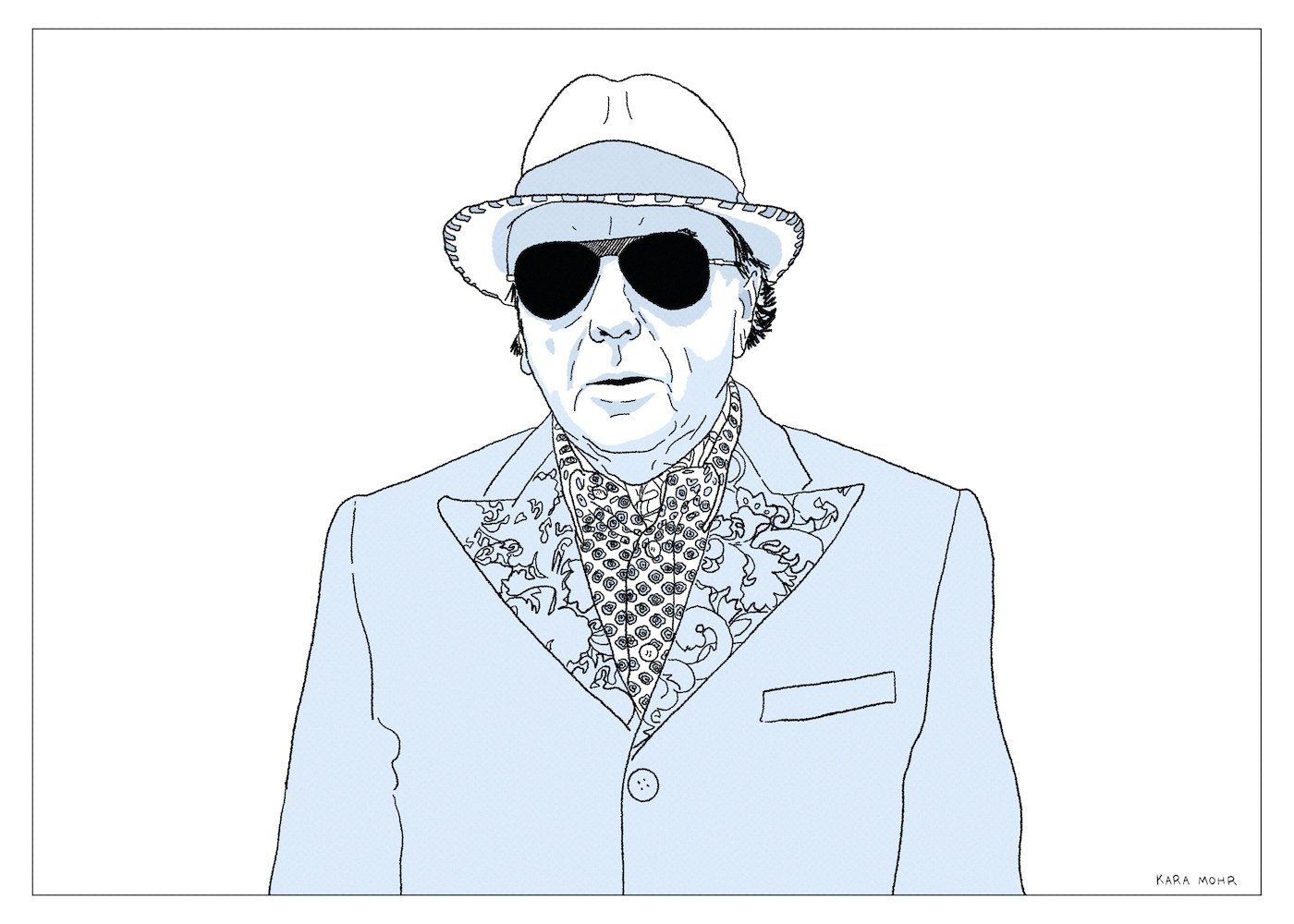
Van Morrison “What’s It Gonna Take?”
“Somebody said it was about the data.” It’s just one, of many, unimaginable lines from “What’s It Gonna Take?” There are other stranger lyrics on this album. Angrier couplets. Sadder admissions. But it’s the way he sings that last word — “Day-Tah.” Sharp consonants. Accent on both syllables. It’s not simply that I could not connect the guy who had spent decades searching for the mystic to this much older guy searching for statistical confidence. It was also the precision of his enunciation. The greatest singing mumbler, growler, la la la-ler I have ever heard was legendary for how he almost never enunciated — how he was more interested in sound and feel than in the words themselves. But with that single line, it became obvious to me that something was off. Very off. That a switch had flipped. And while I feared the worst for the rest of the album, I clung the thinnest strand of good faith. I hoped and prayed that there were other, plausible explanations for the Day-Tah.
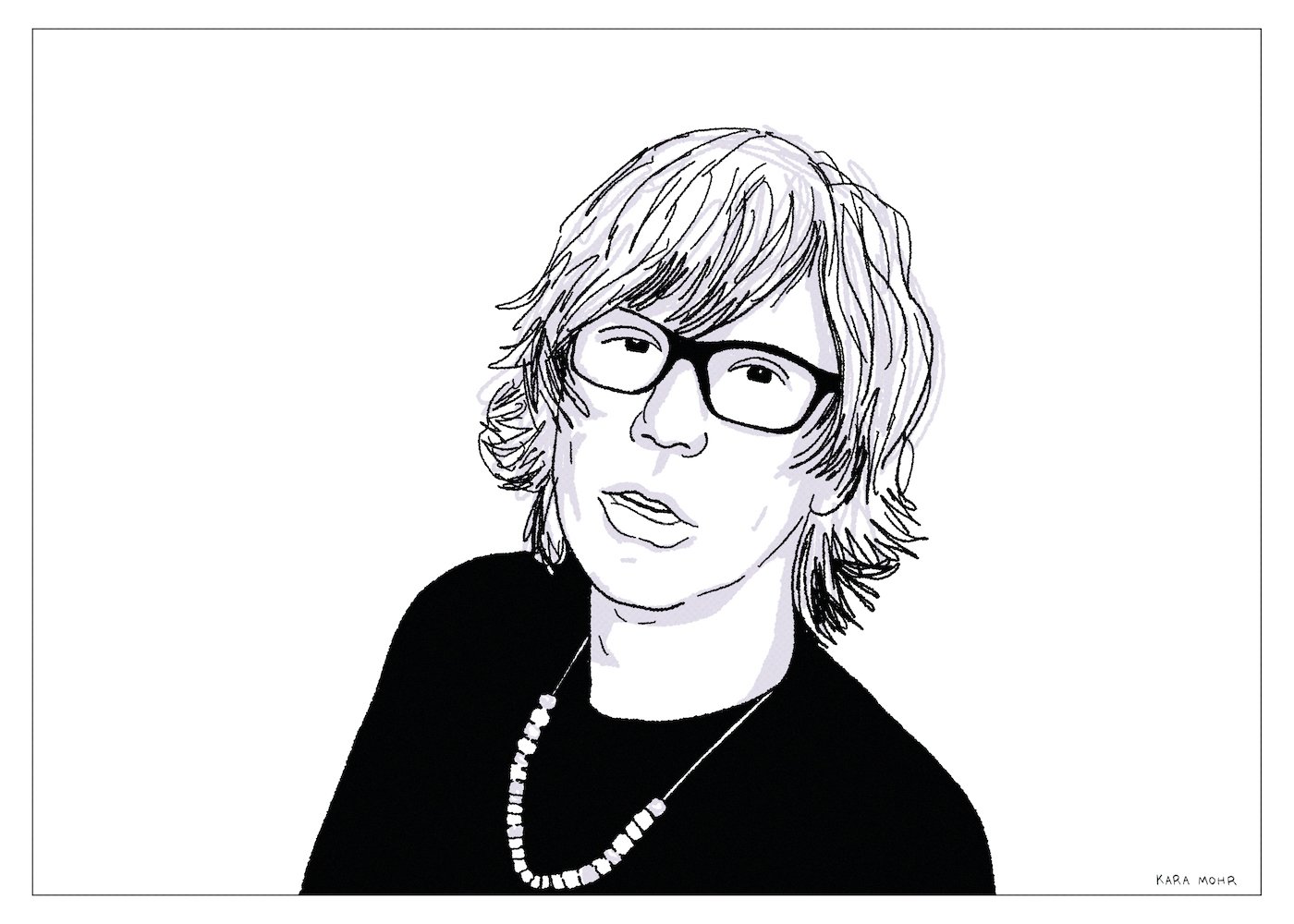
Thurston Moore “Demolished Thoughts”
More than any American Indie band from the Eighties, it is Sonic Youth who cast the brightest light and deepest shadow. Kim, Thurston, Lee and Steve broke rules and made albums of consequence. They were anti-establishment, even when they became the establishment. And they were groundbreakers in spite of their traditionalism — four pieces, two guitarists, one bassist, one drummer. But, as much as for their music, Sonic Youth was important because of Thurston and Kim — how they looked, how they acted and, most of all, what they signified about marriage and partnership. For every person who’d actually listened to “Daydream Nation” or “Sister,” there were dozens more who knew about Kim and Thurston. And every one of them knew intuitively — and with great certainty — that they were a marital ideal. Until they weren’t.

John Denver “It’s About Time”
Even before his divorce from Annie Martell, before the death of his father, and before his star had fully faded, John Denver’s music had begun to take a detour. At first, the turn was slow and gradual enough to be barely noticeable. But, by the early Eighties, he’d largely abandoned the acoustic jangle of his Folk and Country hits for something firmly Adult Contemporary. And by “Adult” I really mean something like music for children performed with a string section, and guitars and synths turned down so as not to disturb. And by “Contemporary” I really mean corny like late Seventies Margaritaville James Taylor or like Barry Manilow without the camp. That’s the sound of “It’s About Time,” an album of depressed ballads and worldly aspirations performed by one of the most overqualified bands ever assembled.
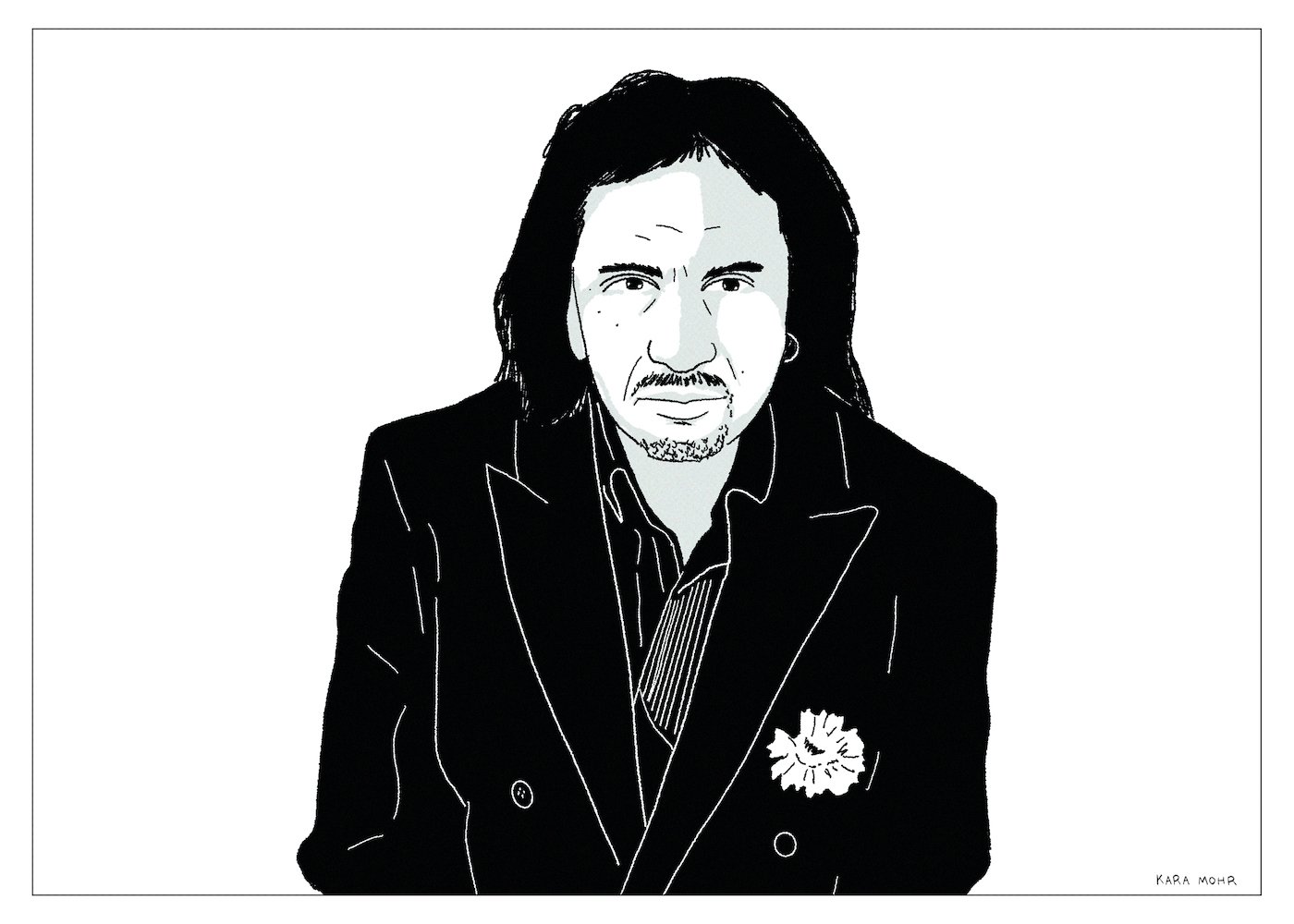
Gene Simmons “Asshole”
Since “Psycho Circus” — twenty-five years ago and counting — KISS has released exactly two studio albums. During that time, Gene Simmons has been a licensor of merchandise, a part time record label owner, a television and film producer, an occasional actor and, of course, a reality TV star. On the one hand, he’s become a guy who cable news calls in for a provocative quote and a funny face — a post-middle-aged braggart in shades who used to wear makeup in “that band.” On the other hand, he is still the same exact guy who’d gotten famous in 1975 — a joker, a demon, a ladies man, a womanizer, a capitalist. But, as it always does, the zeitgeist moved on. It’s no longer 1975, or 1984 for that matter. And so what seemed more charming back then appears less so decades later. We had different names for guys like him back then. But, by 2004, it was all a lot clearer. Gene Simmons was an asshole. And apparently Gene Simmons did not disagree.

Steve Garvey “Mr. Clean”
He was considered the surest of sure bets — as American as apple pie, as handsome as any movie star and as natural as Roy Hobbs. Steve Garvey was the clean living, god loving, good looking MVP at the heart of The Dodgers batting order. But also, his appeal went far beyond his All-Star performance on the field. He was “Captain America.” Square jaw. Not a hair out of place. Biceps and forearms that resembled spinached-up Popeye. And, what’s more, he was married to Barbie! Steve and Cyndy Garvey were Hollywood’s heroes during Reagan’s “Morning in America.” Until, once day, things got bad. And then worse. And then much worse. Until those nicknames became ironic chuckles. Until Steve Garvey became a reminder that the only thing America likes more than a rags to riches story is a riches to rags story.
